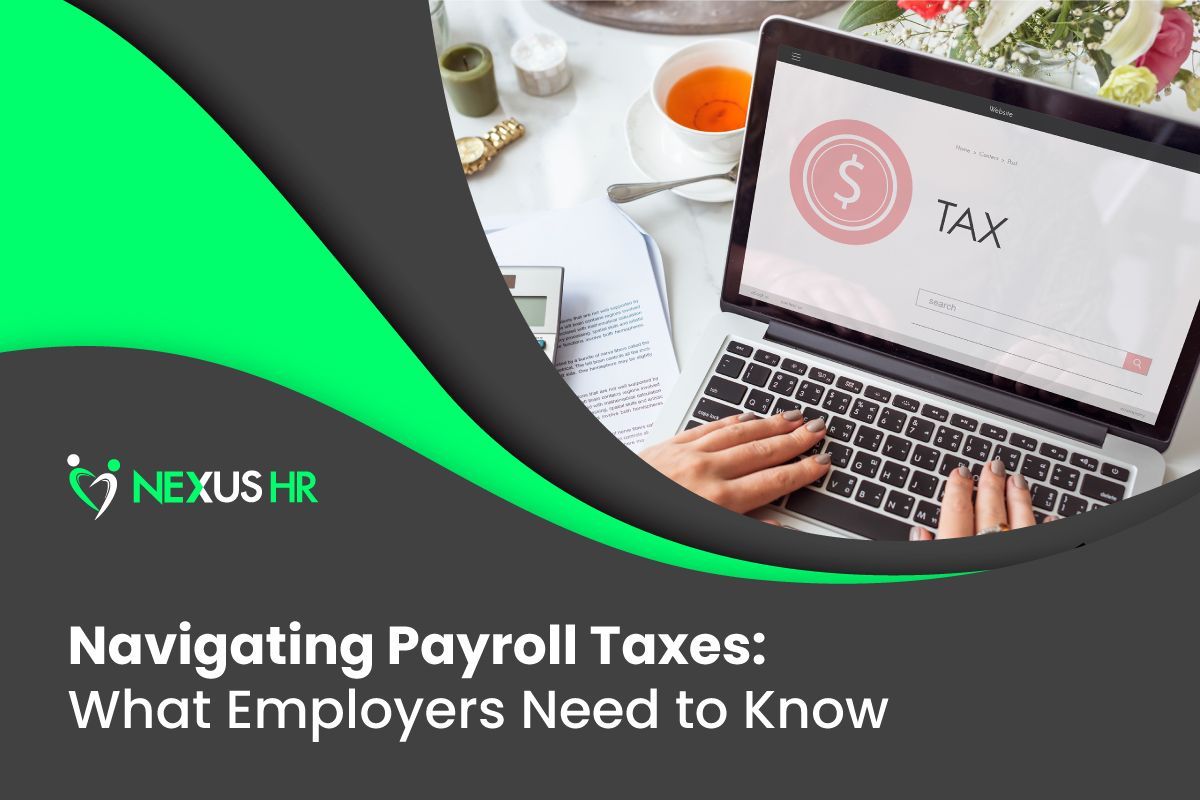What is Quiet Hiring? And Is It a Good Idea?
First, there was quiet quitting, then quiet firing, and now there’s a new addition to the list of quiet workplace buzzwords: quiet hiring.
With the labor market expected to get more competitive this year, research and consulting firm Gartner predicts quiet hiring as a top work trend in 2023. HR leaders will see the quiet hiring strategy as a means to acquire and retain talent without dealing with the entire recruitment process (and cost).
But what does quiet hiring even mean? And is it something your company needs to adopt?
What is Quiet Hiring?

According to Gartner’s Senior Director of Research Emily Rose McRae, quiet hiring is when an organization acquires new skills without actually hiring new full-time employees. It aims to address acute and immediate company needs by making temporary changes to employees’ current roles. Quiet hiring may be a new term, but the tactic has been around for a while.
An example of quiet hiring would be Australian airline Qantas’
efforts to tackle an acute labor shortage last year.
For three months, Qantas assigned its senior executives to take on baggage handling roles three or five days a week, in shifts of four or six hours a day.
Organizational psychologist
Cary Cooper says that quiet hiring and similar strategies have always occurred during difficult economic times.
“It has been called ‘redistribution of resources,’ and people were expected to be agile and flexible,” Cooper added.
There are several ways to do quiet hiring. Here are a few ways companies have been doing it over the years:
- Temporarily transfer current employees to an open role that they have the skills to fill
- Invest in current employees’ training and education to help them develop skills that can fill the available role
- Hire short-term contractors to fill immediate skill gaps
Is Quiet Hiring a Good Idea?

In theory, yes, quiet hiring is a good idea. However, a quiet hiring strategy's success depends on how you plan, handle, and communicate it to your team.
Advantages of Quiet Hiring Done Right
When done correctly and ethically, quiet hiring can help your company address skill gaps efficiently and cost-effectively. It offers your company the flexibility to meet ever-changing market demands and a higher chance of getting through a challenging economic time.
Quiet hiring can also benefit your employees by allowing them to expand their skill set, boost their resumes, and venture into a new field of expertise.
According to a poll by
Monster, 63% of workers view quiet hiring as an opportunity to learn new skills. Monster career expert
Vicki Salemi sees this as a potential strategy to increase employee engagement and retention.
“If a company is considering laying off workers, it can temporarily assign them to another role, so they retain their jobs while simultaneously learning new skills,” Salemi says.
While quiet hiring may not always come with an immediate pay increase or promotion, it can lead to opportunities for employees to add value to the organization, prove themselves to be top talent, and negotiate any rise to compensation or benefits.
Read More:
How to Negotiate Salary with Employees
Pitfalls of Quiet Hiring Haphazardly
Despite its advantages, quiet hiring has developed a negative connotation among employees. Management professor Anthony Nyberg says it gives people the impression that “organizations are tricking employees into doing undesirable jobs.”
Without proper planning, execution, and communication, quiet hiring can have dire consequences, such as employee burnout, loss of confidence in the company, and high turnover rates.
Based on the
Monster poll, not all employees see quiet hiring in their company as a good sign. If they were “quiet hired,” 41% would view their company as disorganized, 27% would question if their company is going out of business, and 27% would consider quitting.
Read More:
5 Ways to Increase Employee Retention
Quiet hiring may often sound like a total win on paper, but company leaders must acknowledge it has some potential employee pain points.
Vicki Salemi says that if employers aren’t effectively managing workloads, employees could end up doing two full-time jobs at the same company instead of one.
She adds that quiet hiring could also lead to workers getting a “soft promotion” instead of compensation for additional roles. Employees may end up permanently taking on more responsibilities and performing at a higher level without getting any salary increase or rank promotion.
How to Implement Quiet Hiring Successfully

If your company is struggling with a labor shortage and needs an immediate solution, quiet hiring may be an option for you. However, before you jump into a quiet hiring campaign, here are some essential things you must consider:
Evaluate and Assess Your Talent Needs
Quiet hiring is designed to tackle immediate talent needs. If your company is severely understaffed, that’s not something a temporary redistribution of talent can address. When you make quiet hiring a band-aid solution to a long-term staffing problem, things will not work out.
Reexamine your current talent and identify the skill gaps that urgently need to be filled. Use the information you gather to select which quiet hiring technique works best.
You can have a current employee temporarily fill that role, but you need to ensure the added responsibilities won’t negatively affect how they perform their primary function. You can also consider hiring a
short-term contractor. If you have a part-time worker who can address the skill gaps, shifting them to a full-time role is also an option.
Read More:
Hiring Part-Time vs. Full-Time Employees: Which Is Better?
Prioritize Communication
“[Quiet hiring] has to be done with open communication and transparency,” says Bundle CEO Kayla Lebovits.
A company can’t just pick an employee and drop them into a new role, even if the arrangement is temporary. Leaders must clearly explain to the employee that they’re being considered for a new role or responsibility. They also need to communicate why management thinks the employee can do it, what the position requires, what the timeline is, and how they plan to implement the transition.
An effective quiet hiring process relies on how leadership communicates it to the team.
Emily Rose McRae says, “If you’re asking a bunch of people to make this move, you should be able to articulate: What does this mean for them?”
Communicate to employees how a quiet hiring program will benefit them, ask them how they feel about it, answer their questions honestly, and recognize them for taking on more responsibility during challenging seasons.
Leverage Excellent Staffing Solutions
Talent redistribution is not the only way to hire quietly. If your company doesn’t have enough employees to move around, you can employ short-term contractors to fill your urgent talent needs. McRae calls this “external quiet hiring.”
By hiring short-term contractors, you can fill a skill gap without disrupting your current workforce. You also avoid spending a lot of time and money on recruiting and hiring for a permanent position. Partnering with a
tried-and-tested staffing agency is the way to go.
A reliable staffing solutions company can typically help you through the following services:
- Temporary Staffing - They find and place qualified employees to work for you on a short-term basis.
- Temp-to-Hire - They find and place qualified employees to work for you for a fixed period (typically 90 days). And if you’re satisfied with their work, you can offer them a permanent position.
Find the Talent You Need with Nexus HR

Quiet hiring is a strategy that can benefit both employers and job seekers in various ways. But you need to keep in mind that how you plan, execute, and communicate your quiet hiring strategy can make or break it.
Put your quiet hiring program into action by working closely with your HR department. If you don’t have one, a reputable human resources solutions provider like
Nexus HR can help you get things done!
As a full-service HR company, Nexus HR can help you with employee communications,
payroll concerns,
administrative tasks, and recruitment so you can address challenges and meet demands in the most efficient and cost-effective way possible.











